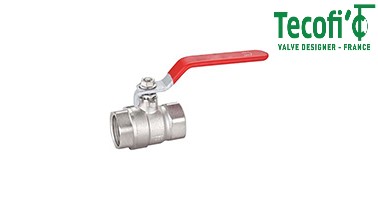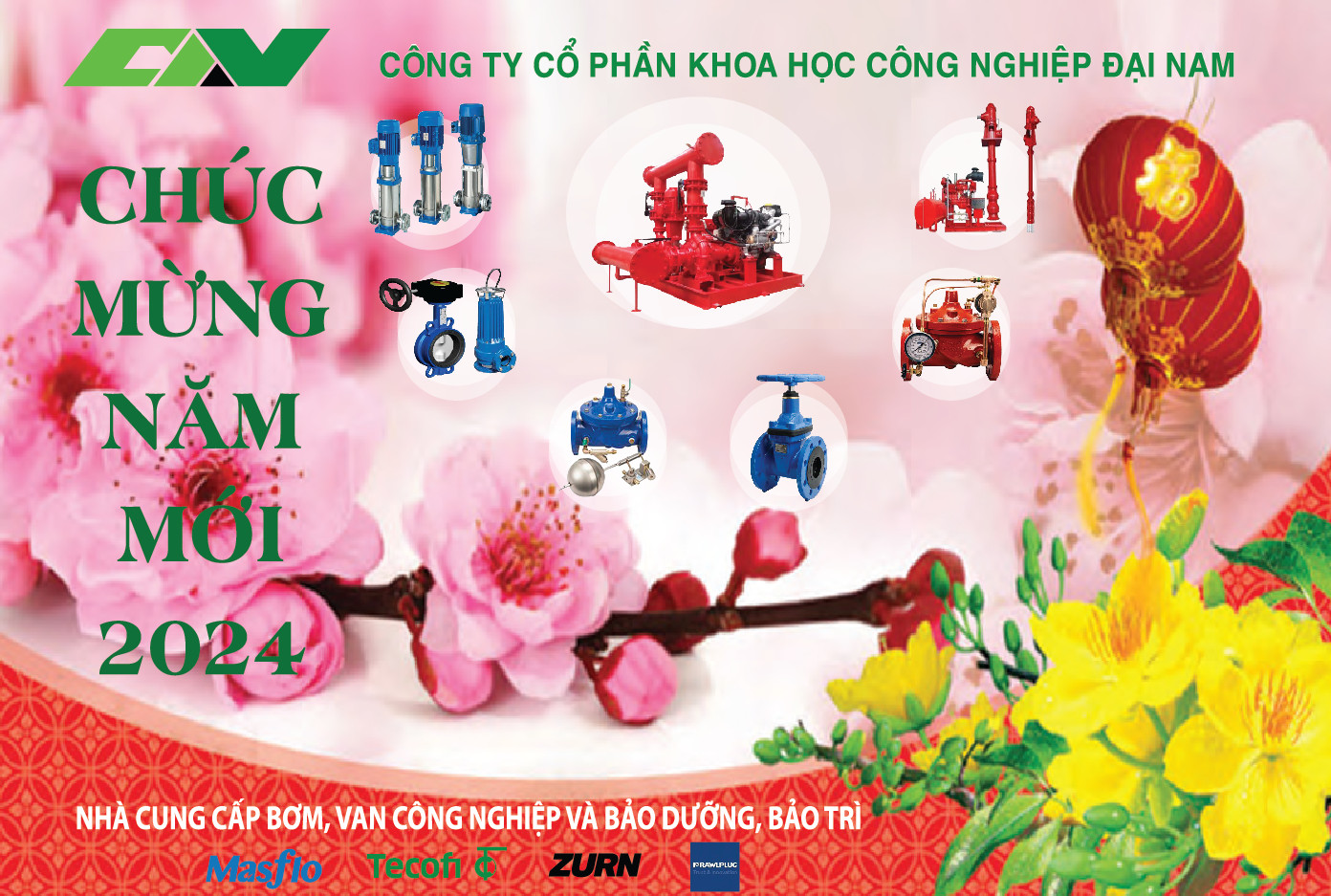first . Introduction to ball valve

- A ball valve is a mechanical device that uses a rotation angle of less than or equal to 90º to open and close, regulating the flow of fluid in the pipeline system. The valve disc is a ball of metal or plastic that is perforated through the center. The valve opens fully when the direction of the hole is parallel to the flow of the fluid and closes completely when the hole is perpendicular to the fluid flow. The handle is mounted on the upper side of the valve shaft. We can open and close by turning the handle 90º.
- Classification of ball valves: Ball valve controlled by hand, electric ball valve, pneumatic valve controlled
2 . Instructions for installation and commissioning
The ball valve is connected to the pipe by a threaded connection or a flanged connection to a large ball valve, between the valve flanges and the pipe is always a sealing cushion
- The bolts of nuts must be tightened slowly and in a flat plane
- For threaded connections, the thread should comply with the ISO 228-1 threaded connection standard
- The valve twist is only done in the correct direction on the clamping surface, avoiding the use of pliers or hooks to avoid damage to the outer paint, not to clamp the valve body
- When the valve screw and the tightening fittings are just right, do not lock by extending the key because this will break the screw and warp the valve body, during the installation phase, do not use the valve to support the pipe.
- Except when necessary, do not dismantle new valves
- Every part that goes into the hydraulic and pneumatic inspection process must ensure correct installation and screwing, check that the farthest pipe does not hit the shoulder of the gasket, the required distance is 1 mm
3. How to maintain
- The problem with the ball valve is usually the handwheel jam due to a long time of no control, so the valve shaft and the valve body may be blocked, causing difficulties in the process of operation, the ball valve often leaks. The valve shaft part due to working hard creates abrasion, the tightness between the seal part and the valve shaft, valve body, ball is not guaranteed.
- To avoid the above case:
+ The person in charge of valve operation must regularly check the operation of the valves
+ Regularly clean the valve to avoid dust and dirt affecting the valve's operation process, add grease periodically to the necessary positions (every 3-6 months) to make the control valve smooth.




















































